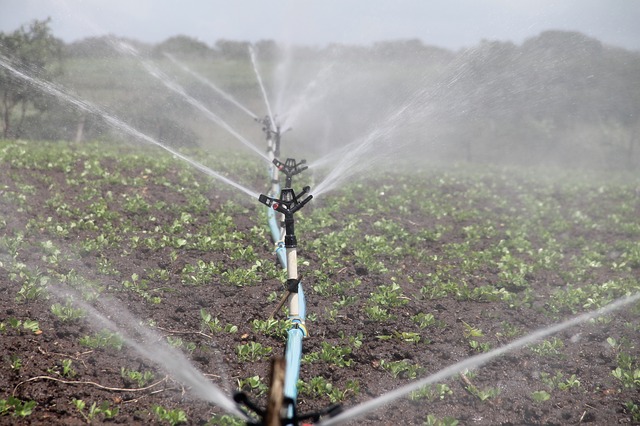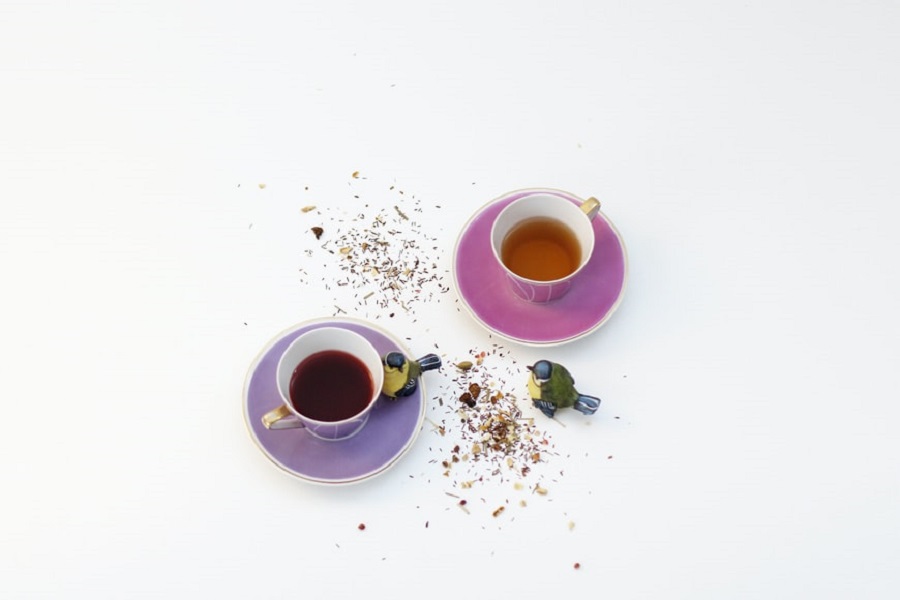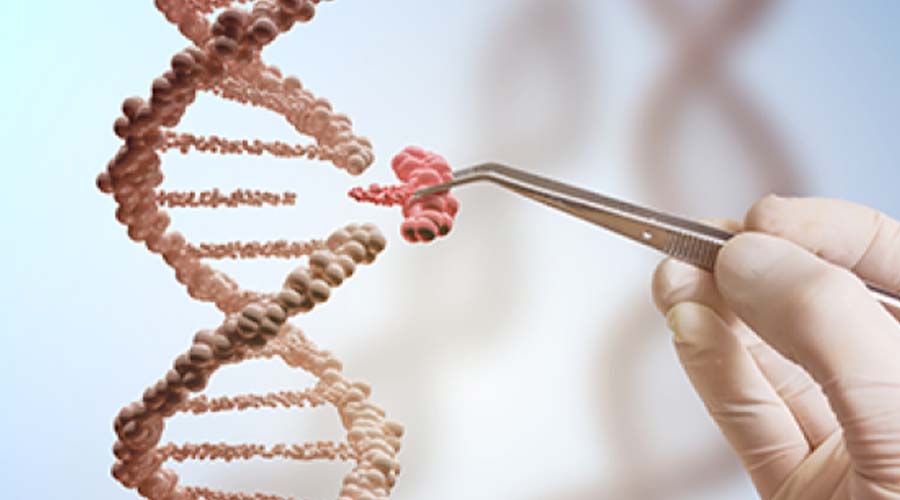During a summer that brought both unprecedented drought and floods, it’s World Water Week—a global initiative to bring attention to the water-related challenges we face. Let’s dive into a few solutions being developed by BIO members.
Freshwater, by the numbers: 2.5% of water on Earth is freshwater—and 69% of global freshwater withdrawals are used for agriculture, says Bayer CropScience.
Demand for freshwater is growing—and expected to increase at least 55% by 2050. But water shortages affect more than 40% of the population (and rising), explains Cargill.
Biotech is finding ways to help us use less water in agriculture, reducing the impact on our ecosystems as we work to feed a growing population. Examples from a few BIO members include:
- Developing seeds that are more resilient in the face of floods and droughts. Bayer’s “Arize hybrid rice seeds are specially designed to survive in flash flood conditions, producing consistent yields even under unfavorable weather conditions.”
- Breeding fish that require less water to live healthily. AquaBounty’s Atlantic salmon are raised in recirculating aquaculture systems, where more than 95% of the water can be filtered and reused continuously.
- Creating digital tools to help growers track water usage and provide guidance on where and when to irrigate fields. Using Bayer’s smart irrigation systems, farmers were able to use 60% less water compared to traditional methods and reduce the amount of fertilizer.
- Reducing water use across operations and supply chains. Cargill is restoring 600 billion liters of water and reducing pollutants in priority watersheds, as well as improving access to safe drinking water. They’ll work with farmers and supply chain partners to improve soil health, water resiliency, and quality (which, in turn, reduces emissions and provides an economic boost for farmers.)



